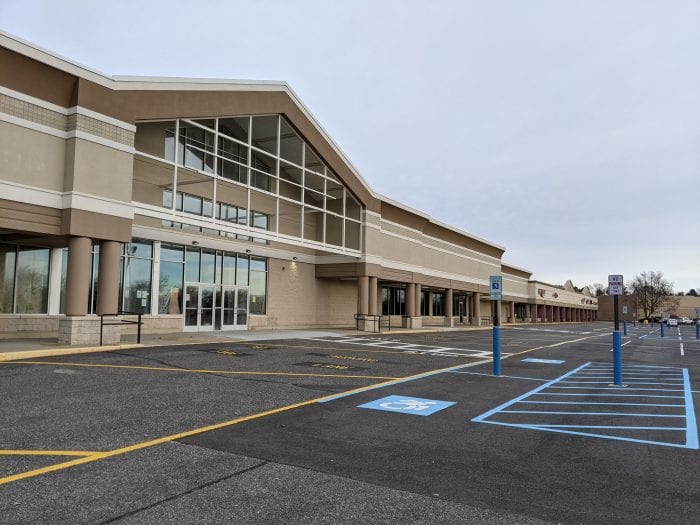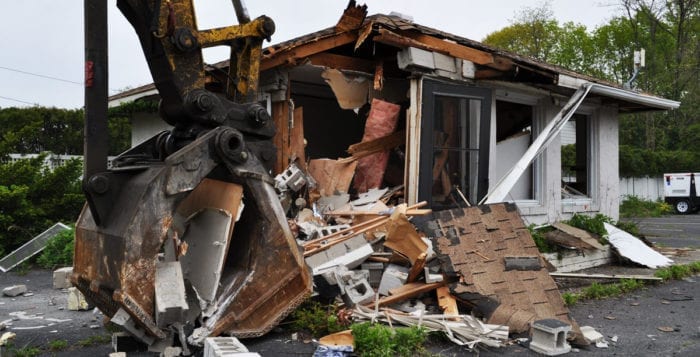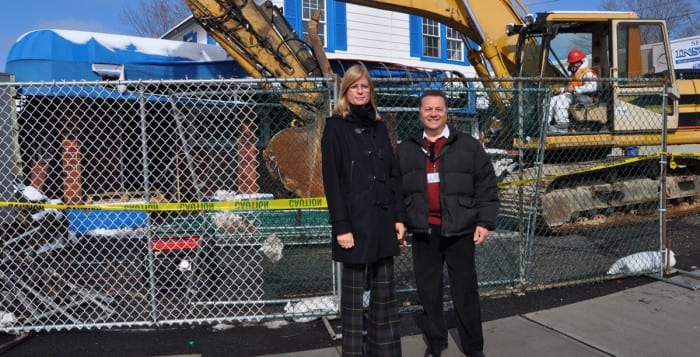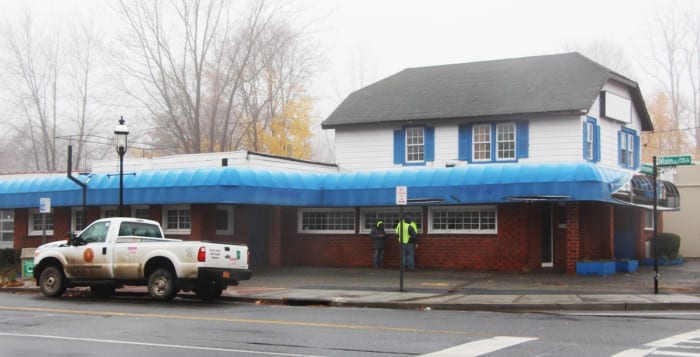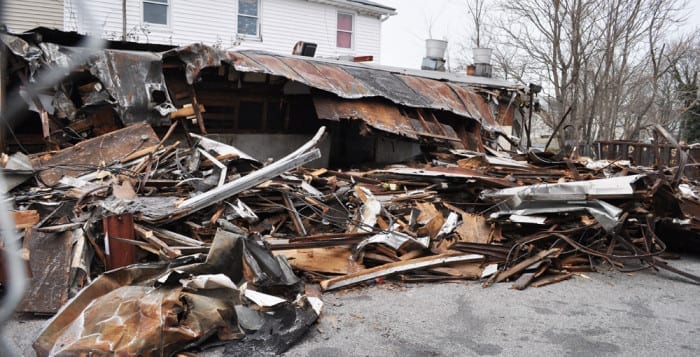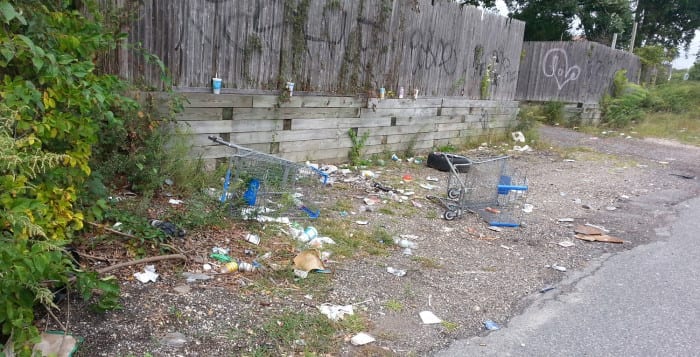The Town of Brookhaven has proposed a new zoning that officials said could revitalize vacant or underutilized shopping centers or other structures throughout the town.
At their Dec. 3 meeting, the town voted unanimously to adopt a new floating zoning code called Commercial Redevelopment District, which would allow developers to apply for permission to redevelop aging property into a combination of retail and apartment space.
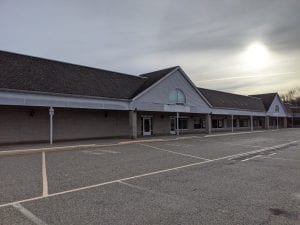
“What we’re looking to do is to stimulate the revitalization of abandoned vacant and underutilized commercial shopping centers, bowling alleys and health clubs,” said town Planning Commissioner Beth Reilly.
She added that this new zoning will “encourage flexibility in sight and architectural design, encourage redevelopment that blends residential, commercial, cultural and institutional uses, and encourage redevelopment that’s walkable, affordable, accessible and distinctive in the town.”
Site requirements would be a 5-acre minimum for such commercial centers and sites that have been previously used but then demolished. It permits uses for all zonings except such things as heavy industrial and auto uses. There would be no setbacks for nonresidential uses, but a 25-foot minimum setback for residential use and 50-foot maximum height.
The special zoning is meant to be kept free of big-box stores and is restricted to anything less than 40,000 square feet of space for commercial properties. Also, the zoning incentivizes certain kinds of development through allowing for increases in density, such as being near the Long Island Rail Road or if a business owner uses green technology.
Supervisor Ed Romaine (R) restated that Long Island does not need new development “as much as we need to develop what we have that has fallen into disrepair.”
The proposal did receive a letter of support from the Port Jefferson Station hub study committee. President of the PJS/Terryville Chamber of Commerce, Jennifer Dzvonar, said she was in support, and that she thinks it will create downtown-type areas in places that might not have that sort of downtown already.
“It will encourage commercial property owners to update and revitalize their establishments, which will entice additional local businesses … instead of leaving their locations vacant to become blighted,” she said.
Mitch Pally, a Stony Brook resident and CEO of the Long Island Builders Institute, said the new zoning should benefit developers.
“Long Islanders no longer have large tracts of land,” he said. “We must now redevelop — reuse what we already used, whether it’s been a good way or a bad way. The ability to know from the code what you can do, and what you’re going to be able to get, allows for better financing opportunities.”
The Town Board left the issue open for comment until Dec. 17. The Three Village Civic Association sent the town a letter Dec. 12 signed by the civic’s land use chair, Herb Mones, with some critiques of the proposed law, saying the language of what was considered vacant or underutilized was unclear, and that the CRD will incentivize some property owners to neglect their structures to get access to the new “generous terms afforded by the new zoning.”
“We must now redevelop — reuse what we already used, whether it’s been a good way or a bad way.”
— Mitch Pally
The letter also criticized the height allowance under the code, calling it “too high for most hamlets” in the town. The letter also shared the civic’s anxieties of increased density.
“Considering that there were only two speakers at the public hearing on Dec 3, both representing commercial interests, and no community leaders or members of the civic community participating on such an important proposal, we believe that this new zoning legislation to create a new zoning code for commercial property in the Town of Brookhaven would benefit from more input of Brookhaven’s civic community,” Mones wrote in his letter.
The change also repeals the town’s previous Blight to Light code. That code was passed in 2010 under previous Supervisor Mark Lesko (D), which in a similar vein to the current code was designed to remediate blighted properties by incentivizing development through a scoring system. Based on how a developer scored, they could receive incentives such as building permit refunds and an expedited review process.
Officials said that system had issues, and that the code had only been used twice, once in a Coram redevelopment project, and again with Jefferson Meadows, a project designed for Port Jefferson Station that was never built. That planned 96-apartment building met opposition from residents almost a decade ago. The Port Times Record reported at the time that residents disapproved of Blight to Light’s self-scoring system and that such projects did not conform to the Port Jefferson Station hamlet study.
“This has been a long time coming,” said Councilwoman Valerie Cartright (D-Port Jefferson Station). “Port Jeff Station has a number of abandoned vacant and underutilized properties, and the Blight to Light code was not necessarily addressing that, so we’re hoping that this code can now create a different mechanism to address these types of properties.”
Unlike Blight to Light, there is not a special permit, but applicants would have to come to the Town Board to seek approval. There is also a time limit on these approvals, and they are taken away if the developer does not make good on trying to build.
“This puts the power in the Town Board level,” Reilly said.
The town is holding its next meeting Dec. 17 where a follow-up public hearing is scheduled.

